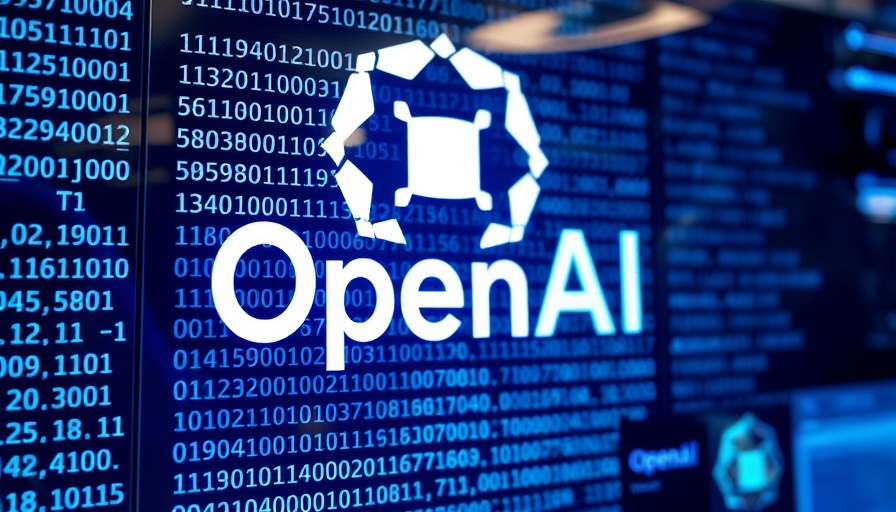
OpenAI’s Response to Meta's Strategic Moves
As competition intensifies in the tech landscape, OpenAI finds itself recalibrating its compensation structure in wake of Meta's aggressive talent acquisition. Recently, a notable hiring spree at Meta has reportedly poached several senior researchers from OpenAI, prompting a swift reaction from the organization's leadership. Chief Research Officer Mark Chen expressed the sentiment of many at OpenAI, likening the departures to an invasion of personal space. This rhetorical imagery emphasizes the deep concern within the company about retaining top talent, which is vital in an era where innovation drives company success.
Understanding the Importance of Talent Retention
The defection of eight researchers to Meta raises critical questions about the competitive strategies employed by tech giants. With the lure of substantial bonuses reaching as high as $100 million, OpenAI’s leadership—led by CEO Sam Altman—has acknowledged that more proactive measures are necessary to retain their talent. This not only signals an immediate need for reassessment of compensation packages but also highlights the evolving nature of employment in tech, where companies must balance salaries with the right working environment and career growth opportunities.
Future Implications for AI and Tech Workforce Dynamics
The dynamic recruitment landscape indicates a shift toward larger compensation packages fueled by companies like Meta, which are willing to invest heavily in talent acquisition. This trend suggests that emerging tech companies and startups may struggle to compete unless they adapt their own compensation strategies. For instance, the recalibration of salaries can help companies remain at the forefront of innovations in AI and technology, as the expertise of key personnel drives the development of advanced technologies and disruptive innovations.
Encouraging a Culture of Innovation
To secure a competitive edge, OpenAI and similar organizations must foster a culture of innovation and creativity among employees. This can include introducing mentorship programs, offering professional development opportunities, and creating platforms for their workforce to contribute ideas freely. Such initiatives not only enhance job satisfaction but also help signal to prospective talent that they are joining a forward-thinking team dedicated to groundbreaking achievements in AI technology trends.
The Bigger Picture: Tech Evolution in 2025 and Beyond
The landscape of technology is poised for dramatic evolution by 2025, where market leaders must remain attentive to the emerging tech trends. As artificial intelligence becomes more integrated into various aspects of our daily lives—from AI-driven healthcare solutions to robotics innovations—companies that fail to adapt risk falling behind. The fight for talent effectively translates into a race for technological advancements, with the potential to revolutionize entire industries.
The ongoing competition illustrates the need for a flexible and adaptive organizational structure that values its workforce. As OpenAI recalibrates compensation structures, it sends a message to the industry that talent retention and satisfaction are paramount in driving technological breakthroughs.
 Add Row
Add Row  Add
Add 




 Add Row
Add Row  Add
Add 



Write A Comment